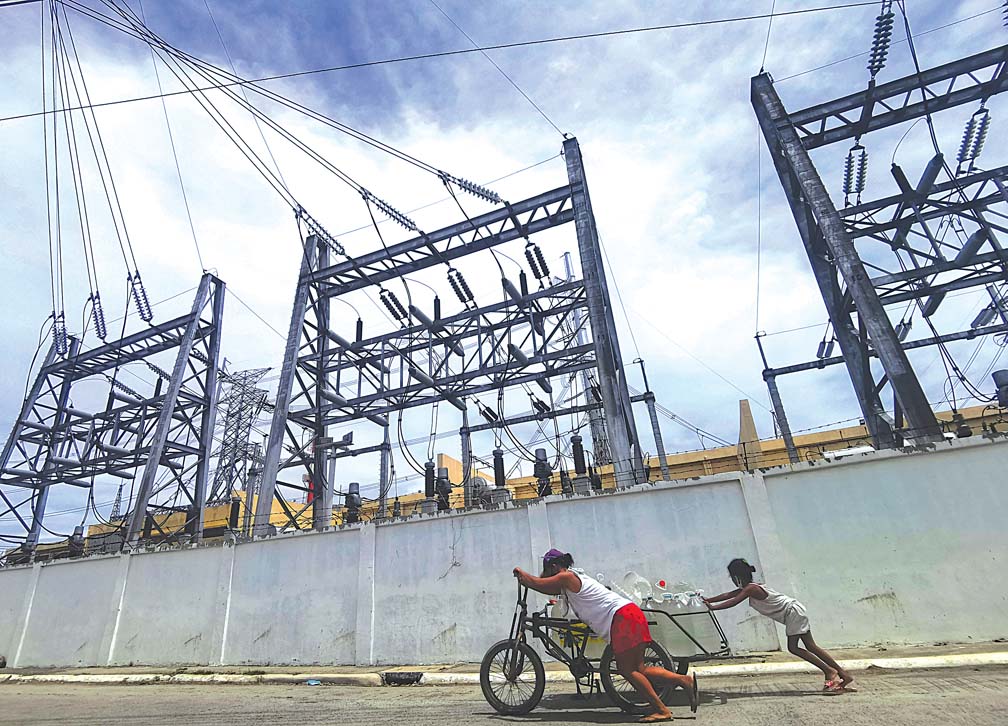JAPANESE firms are investing a total of $1.24 billion in new projects and expansions to the Philippines, shrugging off uncertainties brought about by the government’s move to rationalize tax incentives.
These investments on manufacturing, agriculture, retail trade, real estate, automotive and education will generate at least 16,000 jobs in the country, according to the Department of Trade and Industry. The commitments were secured by the DTI in a business mission last week to Tokyo, Japan.
The DTI and the Board of Investments (BOI) also used the business mission to explain the supposed benefits of the proposed Tax Reform for Attracting Better and High-Quality Opportunities, or the Trabaho bill.
The Trabaho bill seeks to gradually lower corporate income tax to 20 percent by 2029 from 30 percent. In exchange, incentives granted to firms operating in economic zones, such as the 5-percent tax on gross income in lieu of all local and national taxes, will be removed.
Foreign investors, both prospective and existing, disapprove of the component on rationalization of incentives, as this could compel some locators to move out of the Philippines, which, in turn, will result in job losses.
The Trabaho bill was approved in September of last year by the House of Representatives, but has yet to get past the Senate. Deliberations on the measure will have to wait until the 17th Congress resumes session for the last time on May 20.
Trade Secretary Ramon M. Lopez vowed the government will assist foreign investors with their projects in the country.
“The DTI and the BOI are actively engaging with our foreign investors like the Japanese to assist them in these expansion projects and new business endeavors in the country. We assure them that the Philippine government welcomes all investors that would like to join our growth story,” Lopez said.
Total approved investments from Japan for the whole of last year amounted to P19.72 billion, according to data from the Philippine Statistics Authority (PSA).
This made Japan the country’s third- largest origin of foreign investments behind China and Singapore. However, PSA data also showed investments from Japan during that year—the height of debate on the Trabaho bill—declined 38.3 percent from P31.98 billion in 2017.
The new Japanese investments will include the $76-million joint venture of Mitsubishi Corp. with a local real-estate firm for putting up affordable housing.
Itochu Corp., through its subsidiary Dolefil, is investing in a waste-to-energy project that will convert pineapple waste into biogas. This $19.2-million joint venture with Metro Pacific Investments Corp. can produce electricity enough to replace 20 percent of Dolefil’s yearly grid requirement.
In a deal with domestic firms, ISE Foods Inc. will put up a large-scale poultry farm composed of five integrated farms, estimated to have 6 million layers.
The project was valued at $250 million and is estimated to recruit 1,000 workers. The farm will employ and train Filipino workers on the latest technology in poultry farming, as well as in fortified egg production.
On the other hand, Sumitomo Wiring Systems Ltd. will invest in a $46-million manufacturing facility that will produce wire harness systems for passenger cars.
Lopez tendered the BOI’s assistance in providing a list of candidate locations where the firm can set up its factory. The project is expected to generate 13,000 jobs, according to the DTI.






















